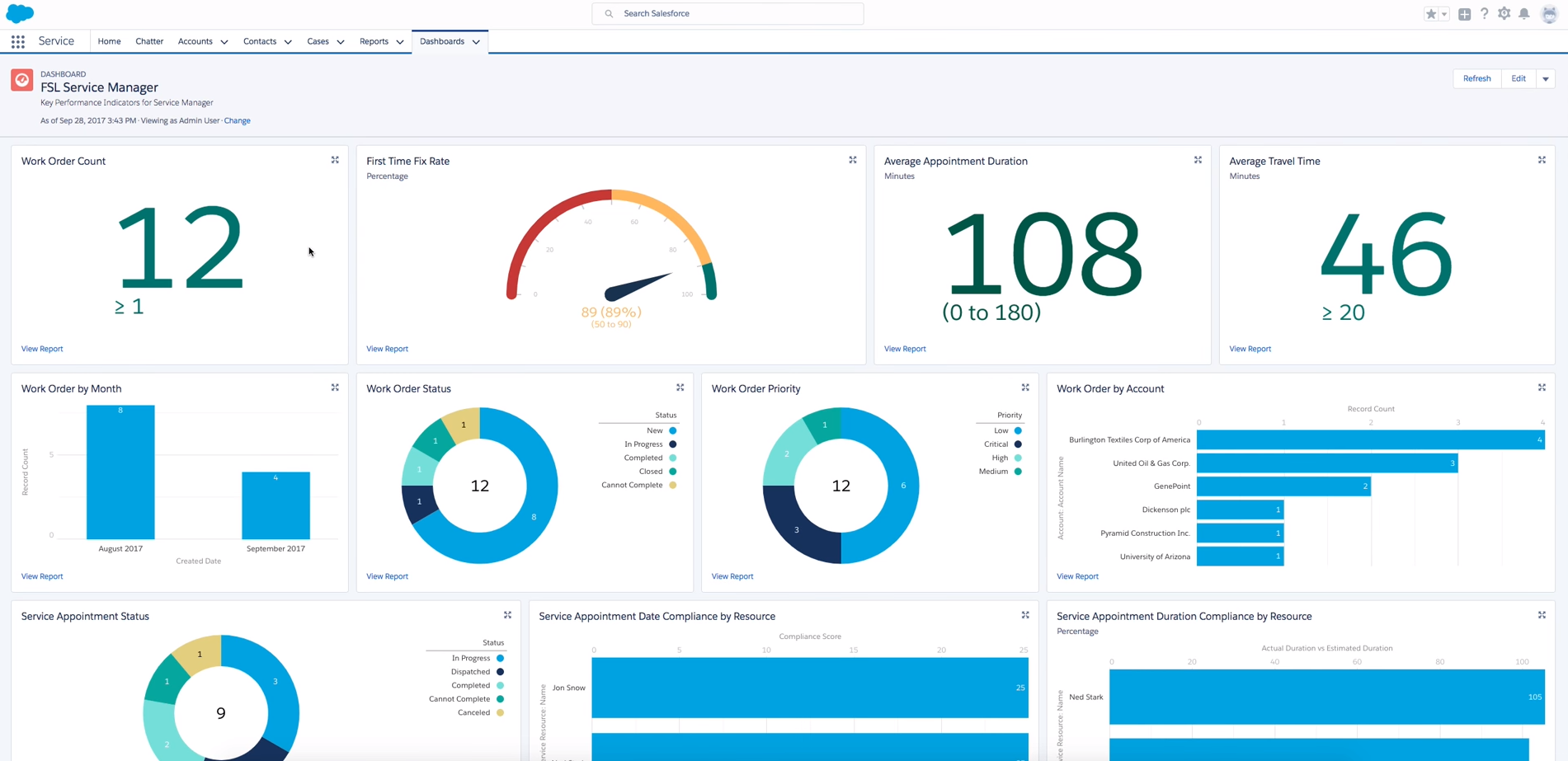
A new wave of open-source customer relationship management (CRM) solutions is emerging, poised to disrupt the established dominance of Salesforce in the enterprise software landscape. With businesses increasingly seeking more flexible, cost-effective, and customizable alternatives to proprietary platforms, this new open-source initiative offers a compelling alternative that could reshape how companies manage customer relationships and data.
The growing demand for CRM systems that offer greater control and transparency has led to the development of a modern open-source CRM solution that closely mirrors Salesforce’s features. This initiative stands out by offering a CRM platform that is completely free to use and fully customizable, providing businesses the tools they need to tailor the system to their specific requirements.
The driving force behind this open-source project is the growing frustration among companies with the high costs, complex licensing agreements, and limitations that come with using proprietary software like Salesforce. Large enterprises and small businesses alike have long been locked into expensive contracts, with little room for adaptation or innovation. Open-source alternatives aim to provide businesses with a platform that not only reduces costs but also allows them to retain full control over their data and software infrastructure.
Many experts view this shift towards open-source CRM as part of a larger trend where businesses are increasingly looking to regain control over their IT systems. Open-source software eliminates vendor lock-in, ensuring that companies are no longer dependent on the whims of a single software provider. For businesses already familiar with open-source software in other domains, such as content management systems (CMS) or e-commerce platforms, the prospect of using an open-source CRM solution is a natural extension of their technological ecosystem.
The new open-source CRM platform promises to provide all the core features businesses have come to expect from Salesforce, including customer data management, sales automation, marketing tools, and analytics. However, it does so without the hefty price tag or the burden of constant subscription fees. This is a significant advantage, particularly for small businesses that need a reliable CRM system but are constrained by budget limitations.
What sets this initiative apart is its commitment to building a modern, user-friendly platform that can compete directly with Salesforce on usability and features. It offers a sleek, intuitive user interface, powerful integration capabilities, and robust reporting and analytics tools that rival those of proprietary CRM systems. Furthermore, the open-source nature of the platform means that businesses can contribute to its development, ensuring that it evolves to meet the ever-changing needs of its users.
The platform also focuses on offering strong privacy protections, another key differentiator from Salesforce. By allowing companies to host the CRM software on their own servers, businesses have full control over where their data is stored and who has access to it. This level of transparency and control is something that many businesses find increasingly important, particularly in the wake of rising concerns about data privacy and security.
This open-source initiative is also backed by a growing community of developers, users, and contributors who are committed to making it a viable alternative to Salesforce. As with other successful open-source projects, the community-driven nature of the platform allows for rapid innovation and continuous improvements. This gives users the flexibility to shape the CRM system to their unique needs, and it ensures that the platform remains up to date with the latest technological advancements.
While open-source CRM solutions have existed in various forms for years, this new project represents the most serious challenge to Salesforce’s market share. It combines the best features of open-source software—customizability, transparency, and cost-effectiveness—with the latest advancements in CRM technology. For businesses looking for a Salesforce alternative, it offers a powerful and flexible solution that could meet their needs without the complexities of traditional enterprise software.
Industry analysts predict that this open-source CRM project could lead to a broader shift in the CRM software market. With large companies like Salesforce and Microsoft continuing to dominate the enterprise software space, smaller players have struggled to compete. However, the rise of open-source alternatives, supported by a robust developer community and growing user demand, suggests that a new ecosystem is beginning to take shape. As more businesses begin to recognize the benefits of open-source CRM systems, it is likely that the market share of proprietary solutions will begin to shrink.
This shift is not without its challenges. Many businesses have become deeply embedded in the Salesforce ecosystem, relying on its extensive integrations, support services, and user base. Transitioning to an open-source platform could require significant time and effort, including training staff, migrating data, and adjusting existing workflows. Despite these hurdles, the appeal of a free, customizable CRM platform is undeniable, and many businesses are already exploring the potential benefits.



